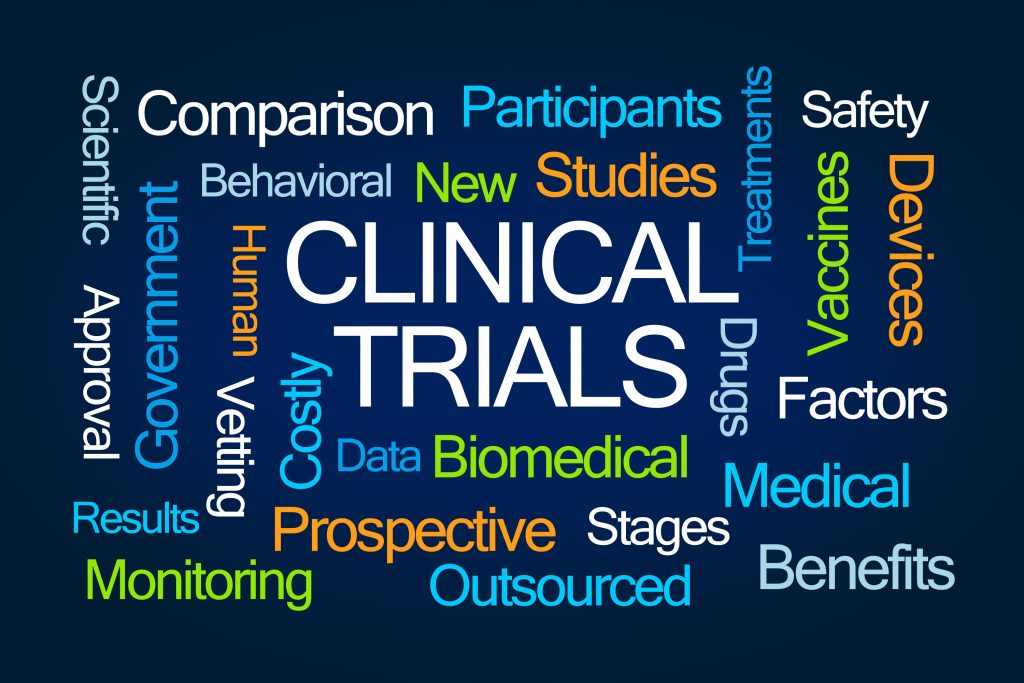#AAN2018 — ALS Treatment Candidate MN-166 Delays Disease Worsening, Improves Survival, Trial Shows

MediciNova’s investigational therapy MN-166 (ibudilast) was able to delay disease worsening and improve survival in amyotrophic lateral sclerosis (ALS) patients, updated data from a Phase 2 clinical trial show.
The study, “Ibudilast — Phosphodiesterase Type 4 Inhibitor — Bi-Modal Therapy with Riluzole in Early [Not Requiring Non-Invasive Ventilation (NIV)] Cohort (EC) and Advanced [Requiring NIV] (ANC) Amyotrophic Lateral Sclerosis (ALS) Patients – Single-Center Adaptive Design Six-Month Double-Blind (DB) – Placebo-Controlled Phase 1b/2a Epoch Followed by Six-Month Open Label Extension (OLE) Epoch, Washout (WO) and Post-Washout Epoch (PWO) – Final Report and Future Directions,” was presented by Benjamin Rix Brooks, MD, the study’s first author, at the recent 2018 American Academy of Neurology Annual Meeting in Los Angeles.
“We are very pleased with the results of this analysis which indicates that MN-166 may improve survival in this devastating and fatal disease,” Yuichi Iwaki, MD, PhD, president and CEO of MediciNova, said in a press release. “Based on the positive results from this study, we are planning to discuss the next steps in our development plan with FDA [U.S. Food and Drug Administration].”
MN-166 is an oral small molecule phosphodiesterase-4 and -10 inhibitor and a macrophage migration inhibitory factor, which suppresses inflammation and boosts the development and function of neurons.
The single-center, randomized, double-blind Phase 2 IBU-ALS-1201 study (NCT02238626) compared the safety and tolerability of a daily 60 mg dose of MN-166 or placebo in ALS patients with early disease, or with advanced disease requiring noninvasive ventilation.
All subjects received MN-166 or placebo along with Rilutek (riluzole), the first approved therapy for ALS. The protocol included a six-month treatment period, followed by a six-month open-label extension, in which all patients took MN-166.
Researchers also evaluated the treatment’s effectiveness using the Amyotrophic Lateral Sclerosis Functional Rating Scale-Revised (ALSFRS-R) total score, ranging from zero to 48, which measures functional activity of ALS patients; the manual muscle testing (MMT), on a scale from zero to 5; and the subjective quality-of-life questionnaire ALSAQ-5 score.
The study defined responders as patients with a decline in ALSFRS-R total score of less than 12 units, and/or less than 1 MMT unit decline in neck and/or leg muscles at the end of the extension period. ALS patients typically exhibit declines in both of these scales as the disease progresses and symptoms worsen.
Results revealed a higher rate of responders in the group treated with MN-166 (32.4%) compared with those receiving placebo (11.8%). Patients receiving MN-166 also showed improved survival in the 30 months post-treatment. This improvement was observed in patients who completed both six and 12 months of MN-166 treatment.
MediciNova had previously reported positive topline results of this Phase 2 study. The trial was conducted by MediciNova in collaboration with the Carolinas Neuromuscular/ALS MDA Center at Carolinas HealthCare System Neurosciences Institute.
“Ibudilast may delay ALS progression in some patients and this may benefit survival. The proportion of responders was higher, approximately one in three (11/34), in ALS subjects who started ibudilast rather than placebo,” Brooks said in the release. He also said that the degree of response is greater than in natural history studies with thousands of ALS patients and with current ALS therapies.
“Ibudilast administration is feasible/tolerable/safe over 12 months,” the researchers wrote in the study.
MediciNova is now enrolling participants for a biomarker Phase 1/2 trial (NCT02714036) of a 100 mg daily dose of MN-166 in ALS patients. Researchers are looking to recruit approximately 35 patients for the open-label trial, taking place at sites in Massachusetts and New York.






